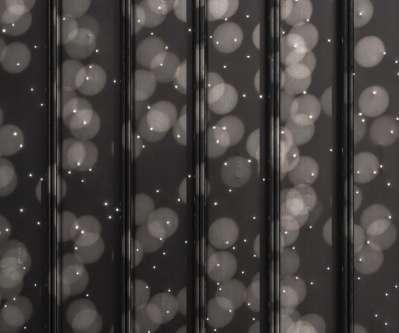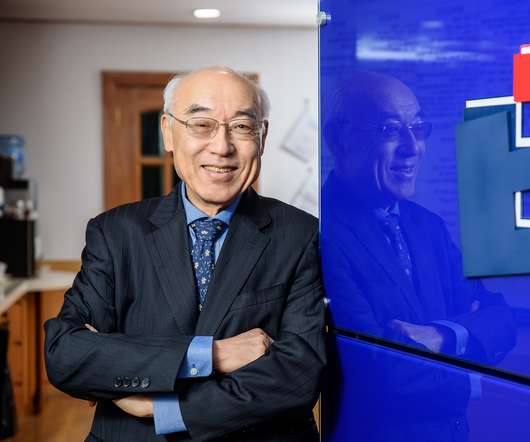Taiwan team engineers E. coli to produce n-butanol from glycerol
Green Car Congress
JULY 5, 2017
Researchers at Feng Chia University in Taiwan have engineered the bacterium Escherichia coli to produce n-butanol from crude glycerol—a byproduct of the production of biodiesel. Therefore, it is appealing to develop a technology platform that converts crude glycerol to the value-added products.
















Let's personalize your content